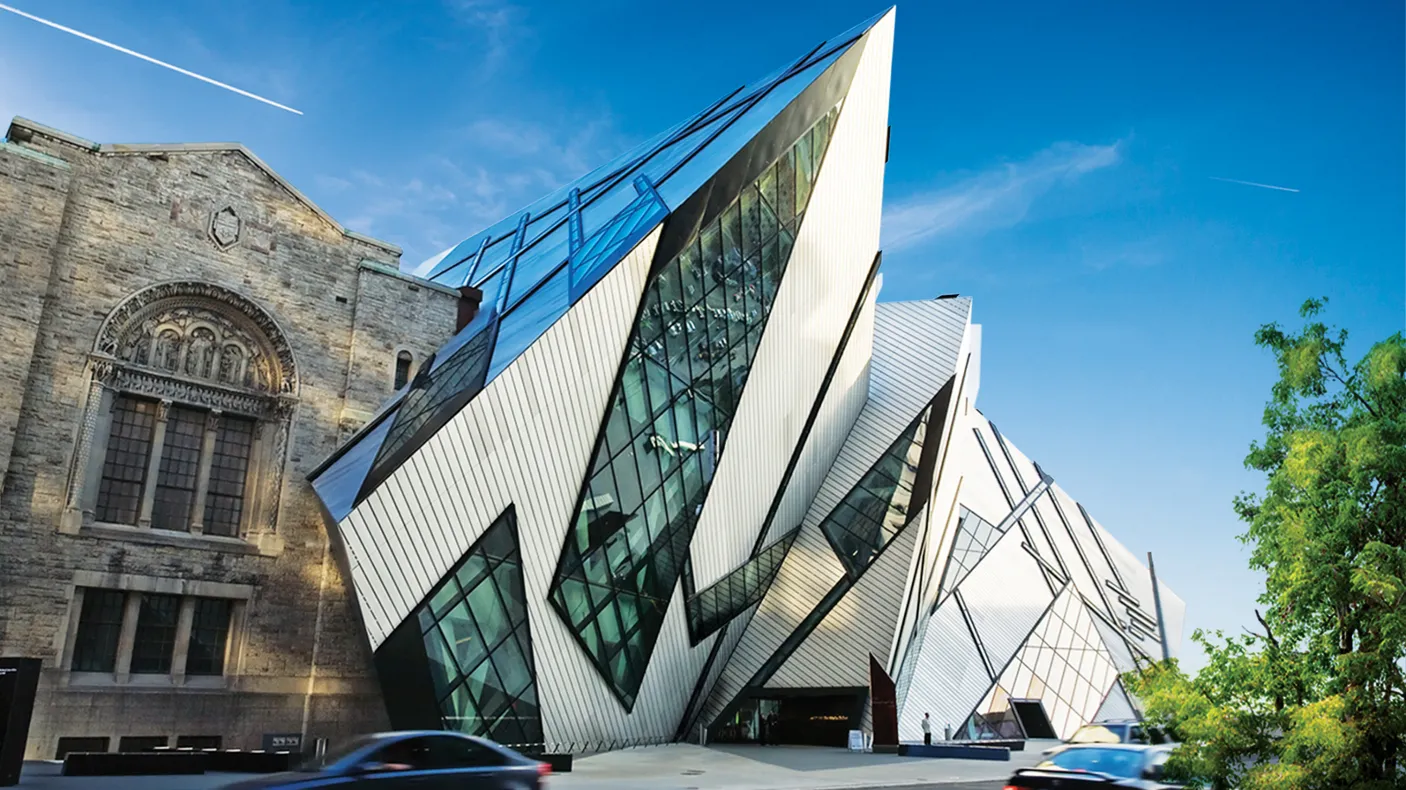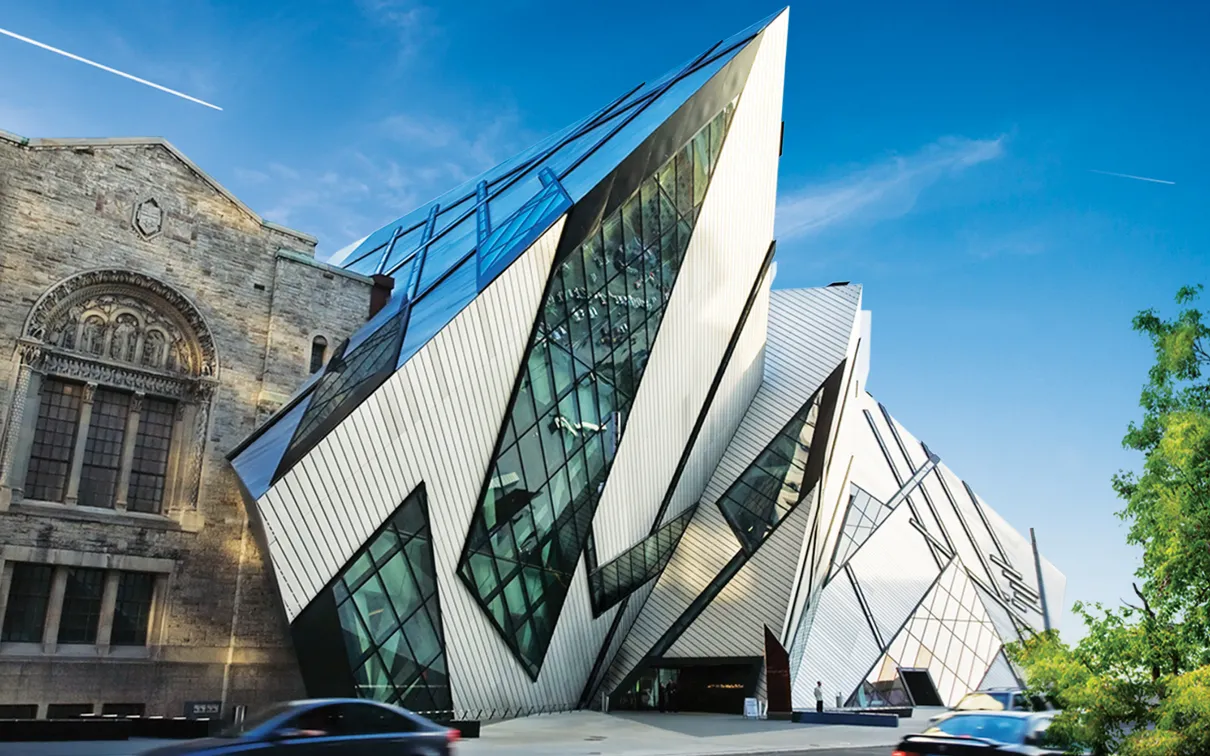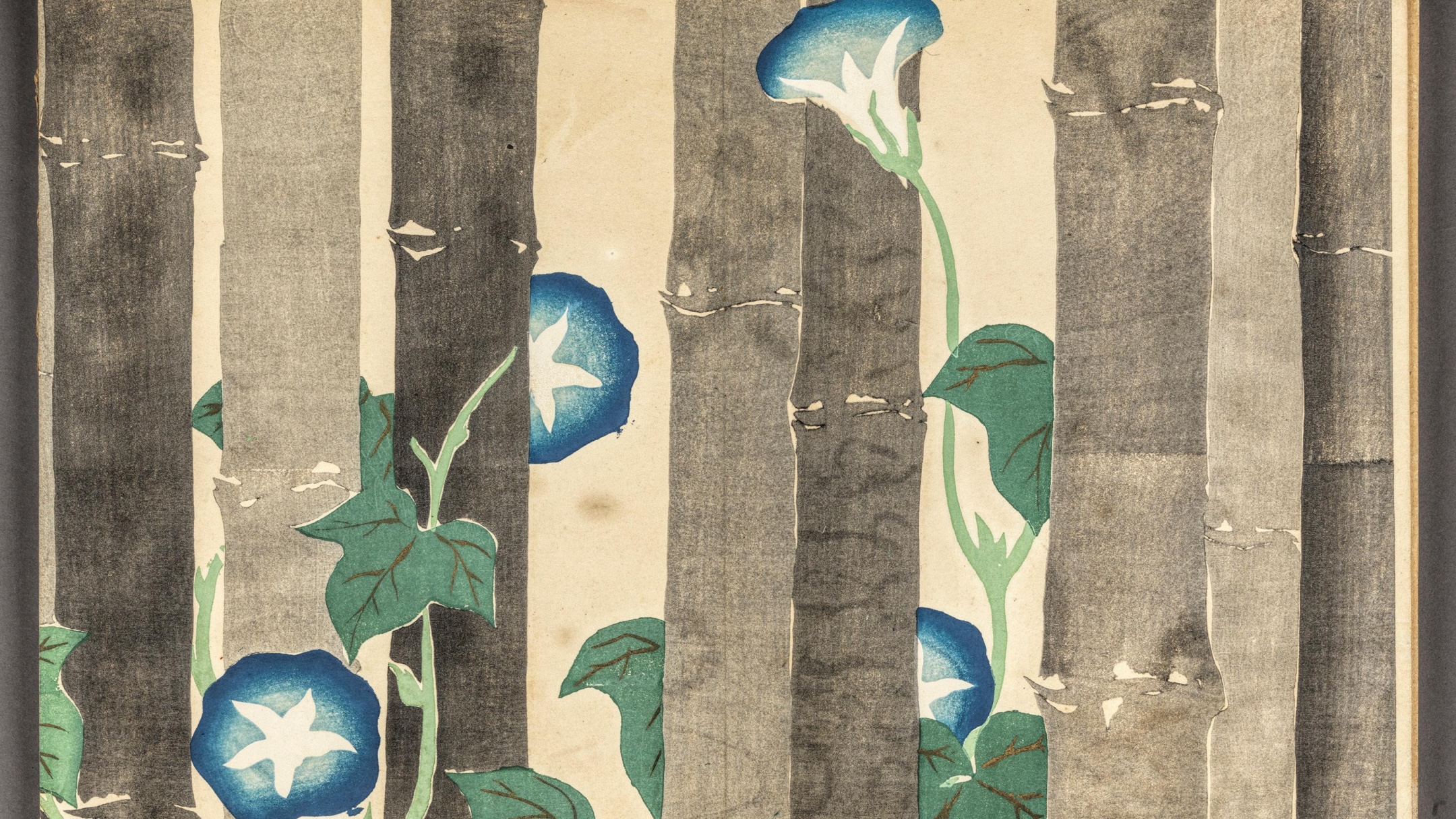Being Japanese Canadian: reflections on a broken world opens at the ROM on February 2
Published
Category
Press Release
TORONTO, January 15, 2019 — The Royal Ontario Museum (ROM) is pleased to present the contemporary art installation Being Japanese Canadian: reflections on a broken world on Saturday, February 2, 2019. Featuring works by eight Japanese Canadian artists from across the country, the ROM-original installation explores multi-generational responses to the exile, dispossession, and internment of Canadian citizens of Japanese descent during the 1940s.

“Being Japanese Canadian reflects on a period of Canadian history that is explored through the deeply personal narratives of eight contemporary artists grappling with the effects of the internment era,” says Josh Basseches, ROM Director and CEO. “This compelling artistic examination of our shared national history furthers the discussion on multiculturalism and belonging in today’s society.”
This installation is a collaboration between curators from the ROM and the Japanese Canadian community: Dr. Heather Read, Rebanks Postdoctoral Fellow in Canadian Decorative Arts & Material Culture at the ROM, and Dr. Arlene Gehmacher, the ROM’s Curator of Canadian Paintings, Prints & Drawings, worked with Bryce Kanbara, artist and Gallery Curator at the Japanese Canadian Cultural Centre (JCCC) in Toronto, and Dr. Katherine Yamashita, arts educator and Art Committee member at the JCCC.
Being Japanese Canadian: reflections on a broken world showcases powerful, personal stories varied in approach, technique, and emotional tone. Designed as a series of works interspersed throughout the ROM’s Sigmund Samuel Gallery of Canada, the installation features the following artists:
- Lillian Michiko Blakey (Newmarket, Ont.) expresses the pain and injustices her family endured with mixed media works Taking The Nancy, British Columbia 1942 and Canadian Born, Alberta 1943, and the painting Reiko, Alberta 1945.
- Ceramic artist David L. Hayashida (Kings Point, N.L.), confronts racism and its reverberations throughout generations in Low tea in '43 (BRITISH Columbia) still boils.
- Emma Nishimura (Toronto, Ont.) investigates memory, loss, and meaning in her etchings and photo-based print sculptures entitled An Archive of Rememory, Collected Stories, and Constructed Narratives. She was awarded the international Queen Sonja Print Award for 2018.
- Steven Nunoda’s (Calgary, Alta.) Ghostown and Ladder to the Moon is a striking memorial to internment sites in British Columbia that pays homage to the struggles and aspirations of Japanese Canadians.
- Laura Shintani’s (Toronto) project, Emissaries of Mission ‘42, encourages curiosity and engagement with the past, to ensure the history of the 1940s is known and understood by younger generations.
- In Interior Revisited, painter Norman Takeuchi (Ottawa, Ont.) reflects on the conflicting duality of the reality of life in internment camps and a sense of “Japanese-ness” imposed on him by others.
- Marjene Matsunaga Turnbull (Onoway, Alta.) explores the anger and hurt of racism, the history of Japanese Canadians and her particular family’s story with her ceramic sculptures Jerry, Army Cadet and Continuum: A Cake History.
- Yvonne Wakabayashi (Burnaby, B.C.) honours the strength and resilience of her parents in coping with exile, internment and dispossession with her textile piece Tribute.
Being Japanese Canadian also includes a selection of hand-crafted objects and artwork created during the period, and copies of the official acknowledgment that was a part of the 1988 Redress agreement between Japanese Canadians and the Canadian government. These historical references provide context for the contemporary artworks.
To mark the opening of Being Japanese Canadian, the ROM will host a special evening of performance with Grammy-nominated Japanese Canadian flutist Ron Korb and celebrated Japanese Canadian author and playwright Terry Watada on Thursday, January 31. Co-curators Kanbara and Dr. Yamashita will give insight into the installation’s development at a free ROM Daytime program on Thursday, March 7. More programming will be announced during the installation’s engagement.
Research for the installation was conducted with support from the Landscapes of Injustice Research Collective and the Japanese Canadian Cultural Centre in Toronto. Being Japanese Canadian: reflections on a broken world is included with ROM general admission and will be on display until Monday, August 5, 2019. ROM Members receive free admission and exclusive opportunities to experience exhibitions and programs. For details, visit www.rom.on.ca.
-30-
ROM Media Contact
Josslyn Johnstone, ROM Communications
jjohnstone@rom.on.ca | 416.586.5784
ROM SOCIAL MEDIA
Instagram: @romtoronto
Facebook: @royalontariomuseum
Twitter: @ROMtoronto
INFORMATIVE REFERENCES
For more information about the ongoing cultural life of Japanese Canadians in Canada, see the Japanese Canadian Cultural Centre (Toronto, Ontario) and the Nikkei National Museum & Cultural Centre (Burnaby, B.C.)
For more information about the history of Japanese Canadians in Canada, see the National Association of Japanese Canadians and the video series Nikkei Stories.
For more information about Japanese Canadian artists, see the new Japanese Canadian Artists Directory, a partnership created by the National Association of Japanese Canadians, the Powell Street Festival Society, and the Japanese Canadian Cultural Centre.
For more information about the Landscapes of Injustice Research Project, see Landscapes of Injustice.
ABOUT THE ROM
Founded in 1914, the Royal Ontario Museum showcases art, culture and nature from around the world and across the ages. Among the top 10 cultural institutions in North America, Canada’s largest and most comprehensive museum is home to a world-class collection of 13 million art objects and natural history specimens, featured in 40 gallery and exhibition spaces. As the country’s preeminent field research institute and an international leader in new and original findings, the ROM plays a vital role in advancing our understanding of the artistic, cultural and natural world. Combining its original heritage architecture with the contemporary Daniel Libeskind-designed Michael Lee-Chin Crystal, the ROM serves as a national landmark, and a dynamic cultural destination in the heart of Toronto for all to enjoy.


